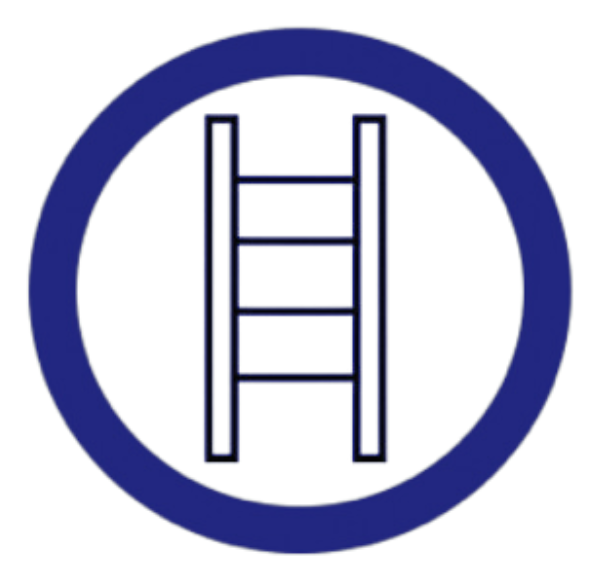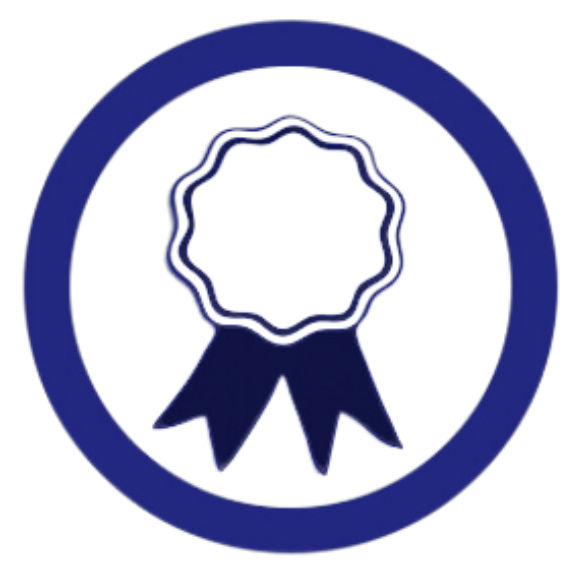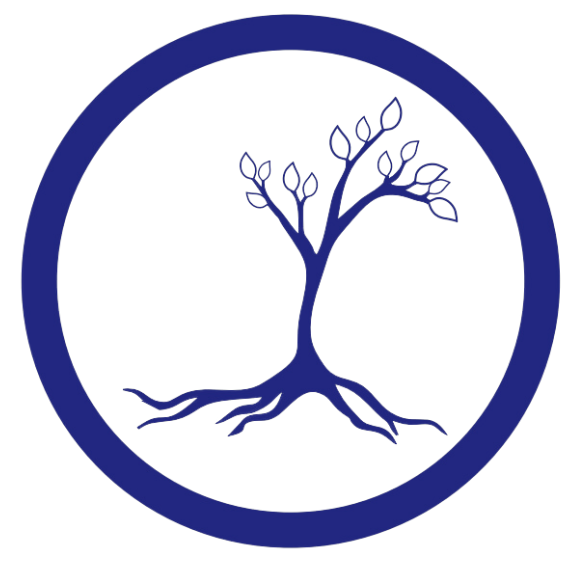History
 Intent
Intent
The history curriculum has been designed to be both knowledge-rich and coherently sequenced.
Knowledge, in the realm of history, means not only substantive knowledge of historical events, dates and people in the past, but also substantive concepts in history (such as 'empire' and 'monarchy'), and disciplinary historical concepts (such as evidence, causation, significance and interpretation).
Our curriculum aims to ignite pupil's love for history, preparing them with essential knowledge for Key Stage 3 and beyond. The units have been carefully chosen to cover as wide-ranging content as possible without compromising depth. From ancient civilisations and prehistoric Britain to World War II and the History of Human Rights; looking at law and power across the ages to the impacts of industrialisation and technological advances; understanding invasion and migration, exploitation and political movements for freedom and equality.
 Implementation
Implementation
At Bowes, we follow the 'Primary Knowledge Curriculum' History scheme of work to implement the requirements of the History National Curriculum. This curriculum allows pupils to develop a chronologically secure knowledge and understanding of local, British and world history. The substantive knowledge taught in the curriculum has been carefully chosen and sequenced using a largely chronological approach. Each unit of work should not be viewed as a stand-alone topic, but as a chapter in the story of Britain and the wider world. In this sense, the chronological approach provides a solid framework, anchoring each unit within a wider narrative. Understanding in history requires as understanding of causation. Pupils will be able to understand the causes of significant national and global events, when they have some background knowledge of what happened before.
Knowledge of substantive concepts and disciplinary concepts have been interleaved across the curriculum, allowing pupils to encounter and apply these in different contexts. From year to year, unit to unit, lesson to lesson, the curriculum supports pupils in making connections and building upon prior substantive and disciplinary knowledge.
The history curriculum is balanced to enable pupils to look in some depth at local, national and world history, encouraging pupils to explore the connection between significant events and people and how they have influenced the modern world. The content in the curriculum ensures pupils have a secure overview of a period, before studying aspects in more depth.
The curriculum aims to help pupils understand how the past is constructed and contested. Pupils begin by learning about what a historian does, looking at basic sources and simplified perspectives to develop an appreciation and understanding of what it means to be a historian. As their substantive knowledge grows, pupils will be able to ask perceptive questions, analyse more complex sources and begin to use their knowledge to develop perspective. Disciplinary concepts, such as continuity and change, cause and consequence and similarity, difference and significance, are explored in every unit, and pupils are supported to think outside of their current unit of work and apply these concepts across the curriculum.
In addition to learning about British and local history, the pupils will also learn about the history of the wider world. Some of these units, such as the unit on the Transatlantic Slave Trade, will look at the influence that Britain had on the wider world, and how the wider world has influenced Britain. All of these units are studied to provide an understanding of the history of the wider world and our place within it. They cover fascinating ancient civilisations, the expansion and dissolutions of empires, and the achievements and atrocities committed by humankind across the ages.
Historical vocabulary develops and evolves from EYFS to KS1 and through to KS2. The promotion of a language rich history curriculum is essential to the successful acquisition of knowledge and understanding in history.
 Impact
Impact
The curriculum is the progression model. If pupils are able to demonstrate they are able to know and remember more against our curriculum expectations they are making good progress and attaining expected standards.
During and/after lessons, pupils are assessed through informal assessment techniques: questioning, conferencing, reviewing written work against learning objective/success criteria, short retrieval activities.
At the end of units, pupils are assessed using multiple choice questions, high quality conversations, use of knowledge organisers/quizzes and pieces of extended writing assessed against our unit expectations.
 Beyond the Curriculum
Beyond the Curriculum
- Where possible, trips and experiences are organised to complement the history unit studied. Through exposure to a variety of meaningful experiences, often on our doorstep, we ensure pupils have opportunities to link knowledge acquired to ensure knowledge is retained. These opportunities are carefully selected to deepen pupils' understanding of the world around them. Visits and experiences have included: The British Museum, Museum of London, Victoria & Albert Museum, The Monument, Verulamium, Broomfield Park (Local History), The London Mithraeum, The Ragged School Museum, The Museum of Childhood, and the London Transport Museum.
- Our whole school 'Powerful Voices' week provides our pupils with the opportunity to study men and women from history; from the widely venerated, to the lives of the less well-known, who have shaped our lives significantly.
- Where possible, parents, grandparents and the wider community are used to provide oral accounts of historical events from a personal perspective.
- WE Project participation - campaign to bring about change in a single issue. Pupils are encouraged to use their voice to campaign for change.
Please find available for download the History Primary National Curriculum and our History Overview.
